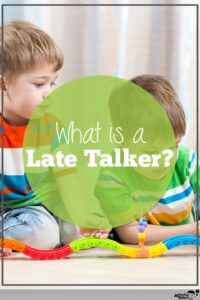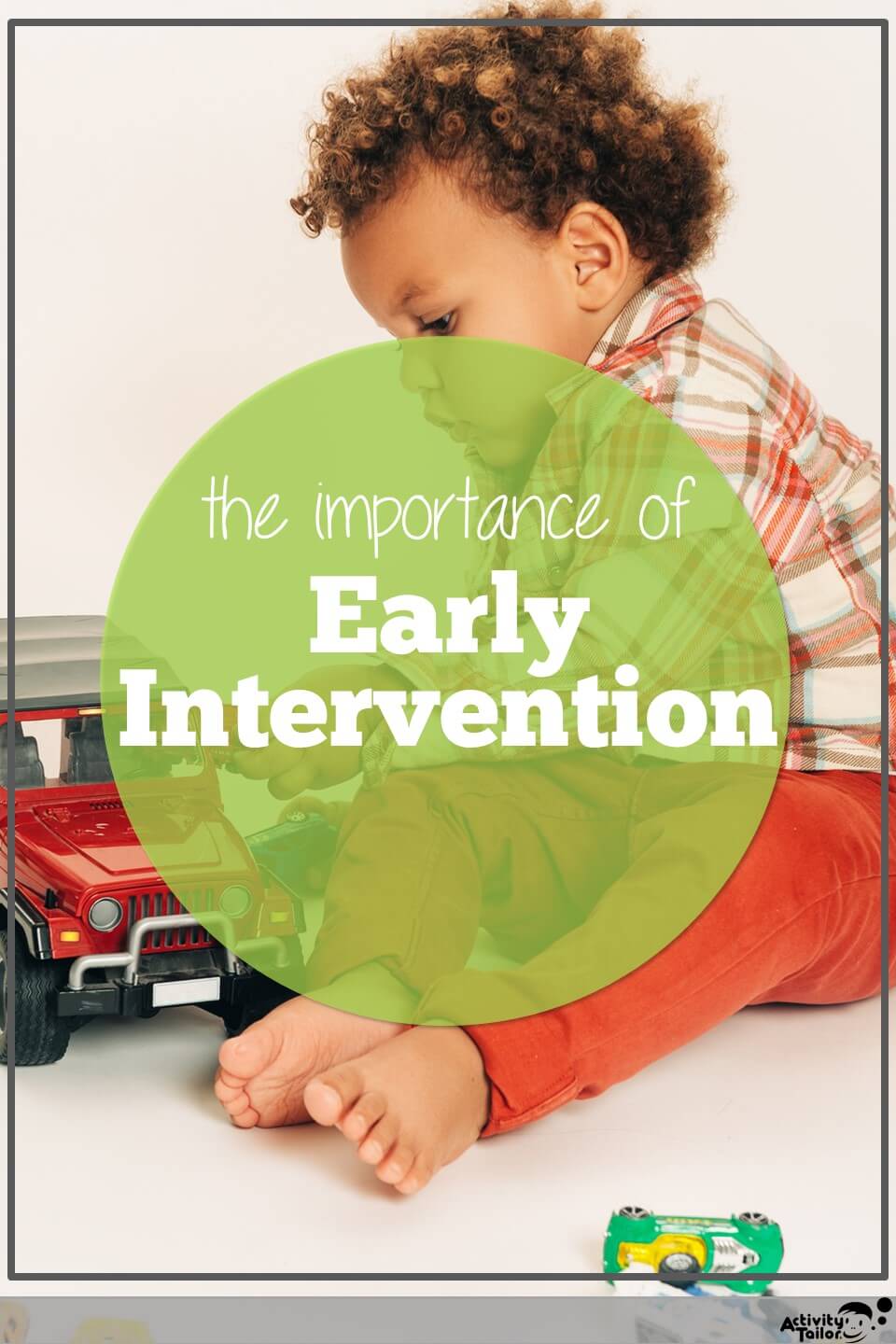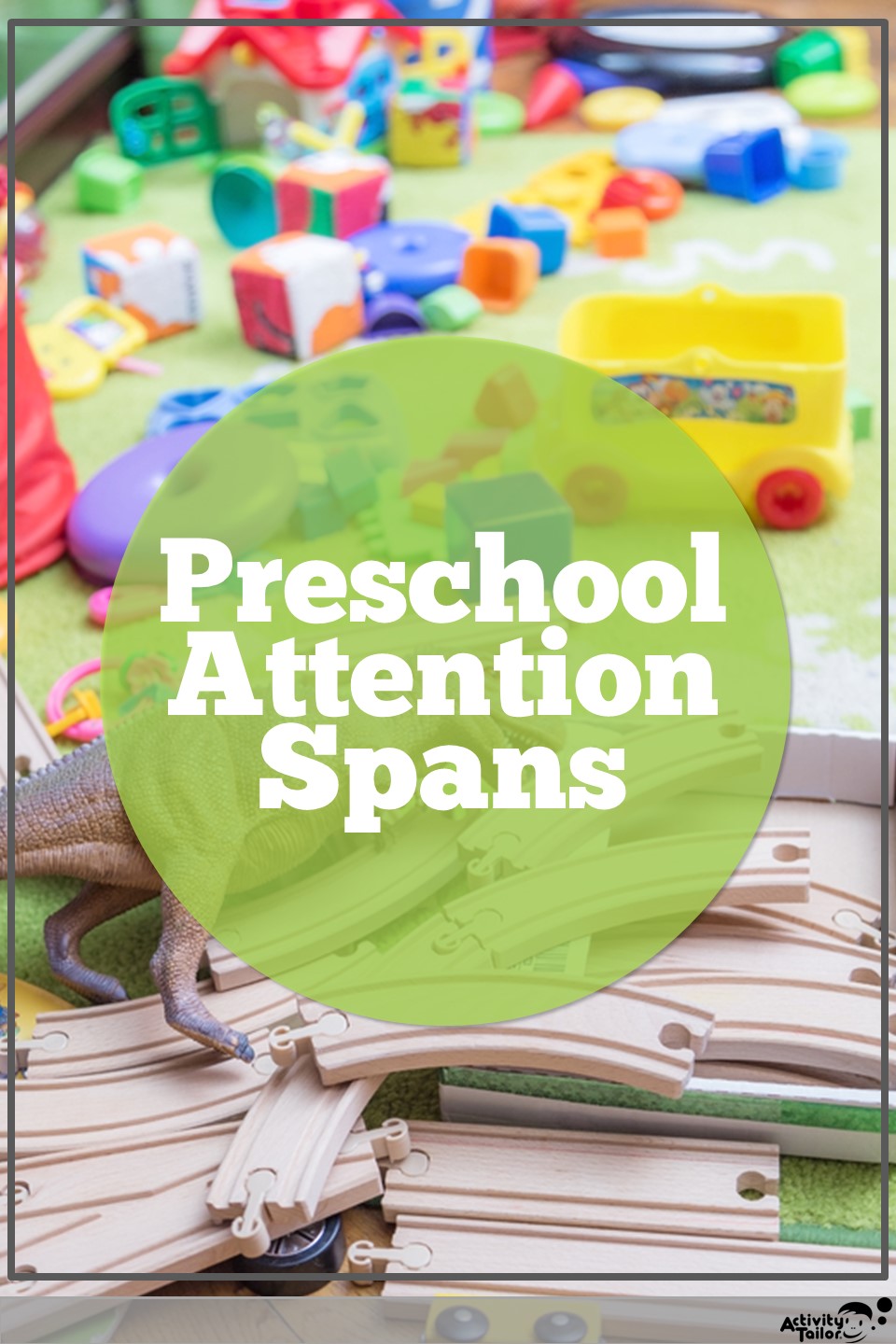
What is a late talker?
Like it sounds, a late talker is a child between 18 and 30 months who isn’t meeting expected speech and language milestones. They say fewer than 50 words and aren’t yet combining words, but seem to be on track in other areas of development. Often the parents will mention “he seems to understand what we say, he just doesn’t say anything.” About 15% of two-year olds fall into this category.
It’s the type of concern that is often met with, “Don’t worry about it. My son didn’t speak until he was 3.” or “I’d wait another six months and see where you are then.” Boys are more likely to be late talkers, but this doesn’t mean we shouldn’t keep an eye on their language development!
Happily, the majority of late talkers will catch up to their peers by the time they reach Kindergarten especially if they have support at home, but they may continue to have weaknesses in areas of language, social skills and literacy. Up to 25% of late talkers need specific intervention to close the gap.
Some risk factors that make it less likely for a late talker to catch up:
- a family history of speech and language or learning delays
- minimal babbling as an infant
- little use of gestures
- vocabulary is very limited or primarily nouns
- delayed play skills
A child who is a late talker may have a language delay (they are developing skills in a typical sequence but at a slower than usual rate) or a language disorder (they seem to be developing skills in an atypical sequence and at a slower rate). While many children on the autism spectrum don’t develop first words “on time,” they often have delays in other key areas of development as well.
What kind of intervention do late talkers need?
Providing a language-rich home environment and having caregivers use techniques to encourage language during typical routines is the best way to support a late talker. In fact, research shows more gains in children with parents who use a more conversational approach, rather than “teaching” style.
When it comes to early language development, parent coaching is an ideal place to start!
Join me for an online webinar, How to Teach Talking. I’ll show you the techniques you need to support your child at home.





